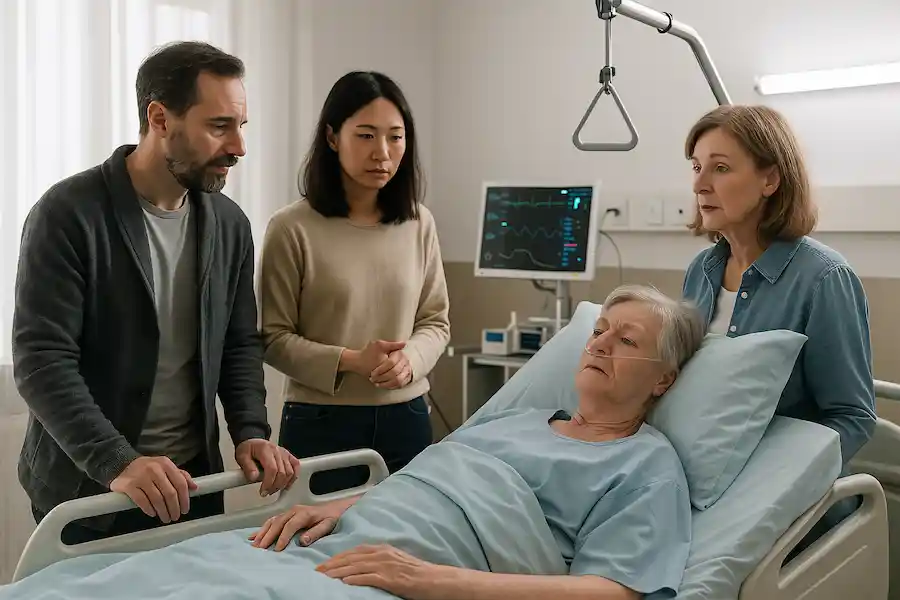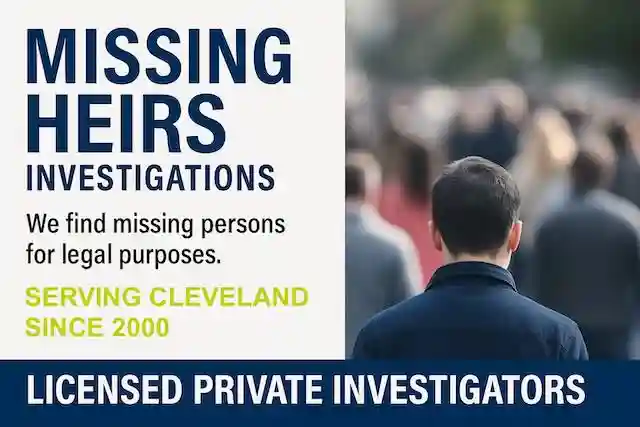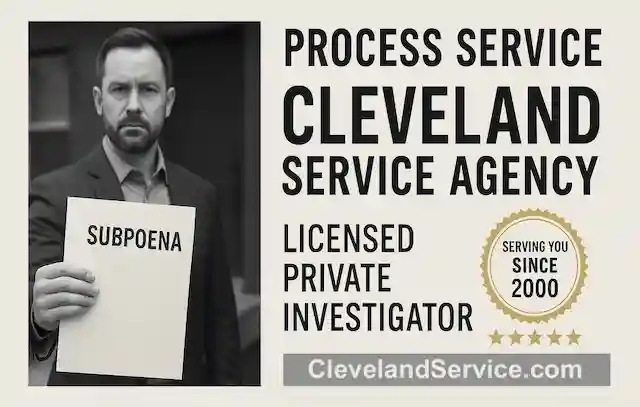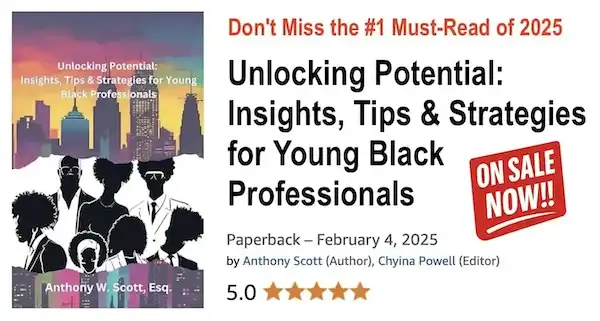A hospital bed is the last place most people expect to face a legal roadblock. When a loved one is unconscious or unable to speak, families often assume they can step in. But without the right documents, doctors and hospitals cannot take instructions from just anyone. In Ohio, the difference between having a Power of Attorney and needing guardianship can change everything about how fast and how well decisions get made.
What a Power of Attorney Does
A Power of Attorney, or POA, is a legal document that gives someone permission to act on your behalf. The person who creates it must be mentally competent at the time it is signed.
There are different kinds of POA, including:
A healthcare POA for medical decisions
A financial POA for money and property
A durable POA, which remains valid if the person becomes incapacitated
POAs are useful because they avoid court involvement and allow decisions to be made immediately. But they only work if they already exist before something happens.
When Guardianship Is Needed Instead
If someone is already incapacitated and there is no POA, the only option may be to ask the probate court to appoint a guardian. Guardianship gives another person the legal power to make personal or financial decisions on behalf of someone who cannot manage their own affairs.
The court may appoint:
A guardian of the person to handle medical care and living arrangements
A guardian of the estate to manage finances, assets, and property
Guardianship is not automatic. It requires filing paperwork with the court, providing medical documentation, attending a hearing, and following court supervision if granted.
What Happens in a Hospital Scenario
Picture an elderly man rushed to the hospital after a stroke. He has no POA in place, and he cannot communicate. The family is ready to help, but no one has legal authority. The hospital cannot take instructions, and the bank accounts are frozen. The only option is to file for guardianship, which takes time and adds stress during an already emotional situation.
Why Planning Ahead Makes a Difference
Setting up a POA while the person is still able is faster, simpler, and more cost-effective than going to court later. It lets families act quickly in a medical crisis and keeps control in the hands of someone the individual chose. Guardianship can be avoided entirely with a proper POA in place.
When to Get Help
If your family is facing a medical emergency and no POA exists, a probate attorney can help you understand the next steps. Guardianship may be necessary, especially if financial or long-term care decisions need to be made.
In some cases, the court may also require the appointed guardian to be bonded. Many people use services like ProbateCourtBond.com to learn more about that part of the process.












